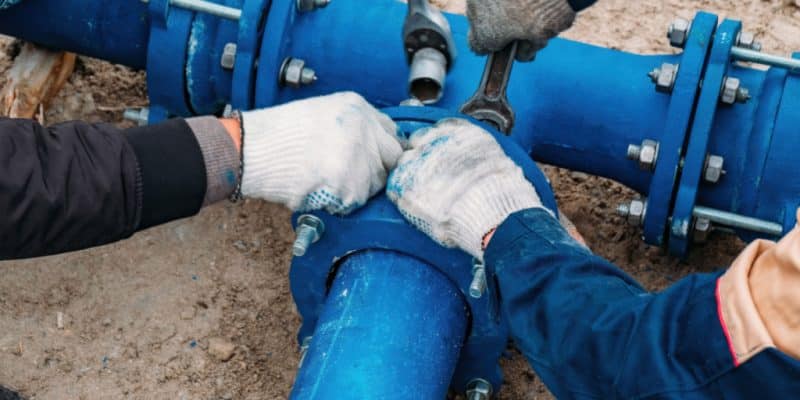More than a year after Cyclone Freddy, Malawi is still in the recovery phase. Among the 15 districts affected out of 28 by the weather phenomenon are Mulanje and Phalombe, which recently benefited from a grant of 1.99 billion Malawian kwachas (nearly 1.2 million dollars) from Japan. This funding will support the resilience of the populations by strengthening water and health security.
The Japanese government’s funding was granted to Malawi through the United Nations Children’s Fund (UNICEF), which assessed the damage following Cyclone Freddy’s passage through the East African country (February – March 2023) and facilitated search and rescue operations for victims. The grant of 1.99 billion Malawian kwachas (almost 1.2 million dollars) is earmarked for the districts of Mulanje and Phalombe, among the 15 districts hardest hit by the weather phenomenon. The funds will support recovery by improving access to water, sanitation and hygiene (Wash), as well as health services.
Still on the ground, Unicef, in collaboration with its partners, will use part of the Japanese grant to finance the installation of climate-resistant water systems in Mulanje and Phalombe. In both districts, cyclone early warning systems will also be strengthened, improving the resilience of some 75,000 people.
“Japan’s support is not only essential to meet immediate needs and save and improve the lives of vulnerable children and women, but also contributes to the broader goal of building disaster-resistant communities in the most vulnerable areas,” says Shadrack Omol, Unicef representative in Malawi.
A heavy human and material toll
The Tokyo grant will also fund drone delivery of medical supplies and improved mobile clinic services in Mulanje and Phalombe. “The impact of the floods resulting from Freddy’s passage is still being felt in many parts of the country, particularly in the southern region”, laments UNICEF. And all this infrastructure should contribute to providing essential services (water, sanitation, hygiene, medical care) to the inhabitants of Mulanje and Phalombe by January 2025.
In addition to the destruction of infrastructure, Cyclone Freddy spent more than five weeks hitting three countries: Madagascar, Mozambique and Malawi, the hardest hit. In Malawi, the disaster caused landslides and mudslides that killed 1,000 people and forced some 695,000 to flee their homes.
Read Also –
For all the districts affected by the cyclone in this country of more than 21 million inhabitants, a total of $70.4 million will be needed to restore natural heritage and boost food security. This amount, estimated by the United Nations Office for the Coordination of Humanitarian Affairs (OCHA), will be mobilized by the United Nations (UN), which made this commitment in April 2023. This will be with its international partners.
Inès Magoum







